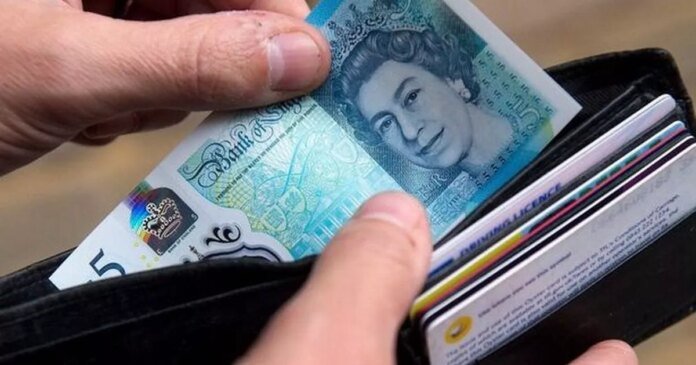HM Revenue & Customs (HMRC) has been granted the authority to access individuals’ bank accounts directly to recover unpaid taxes. Referred to as the Direct Recovery of Debts (DRD) scheme, this initiative allows HMRC to collect outstanding debts from debtors owing more than £1,000 to the tax authority.
Originally launched in 2015, the DRD scheme was temporarily suspended during the Covid pandemic but has now been reinstated following approval by Chancellor Rachel Reeves in the Spring Statement of March 2025. The primary objective of this scheme is to target individuals who have the means to settle their tax liabilities but have persistently evaded payment.
Under the new rules, individuals must have at least £5,000 remaining in their accounts after any deductions to cover essential expenses. HMRC is required to provide a 30-day period for appeals before initiating direct withdrawals from an individual’s account. Additionally, individuals identified as ‘vulnerable’ will be exempt from the scheme.
Tax experts have criticized the reintroduction of these powers, labeling them as draconian. Dawn Register, a tax dispute resolution partner at BDO, emphasized the necessity for taxpayers to address HMRC demands promptly to avoid repercussions. Government data reveals that HMRC is owed a substantial £42.8 billion in unpaid taxes, with plans to recover an additional £11 billion by 2030.
To bolster debt recovery efforts, the treasury has allocated £630 million to enhance HMRC’s capacity, including the recruitment of 2,400 debt management personnel. An HMRC spokesperson emphasized the importance of pursuing tax payments from those who have the means to pay but choose not to, while also ensuring support for customers facing payment challenges.
